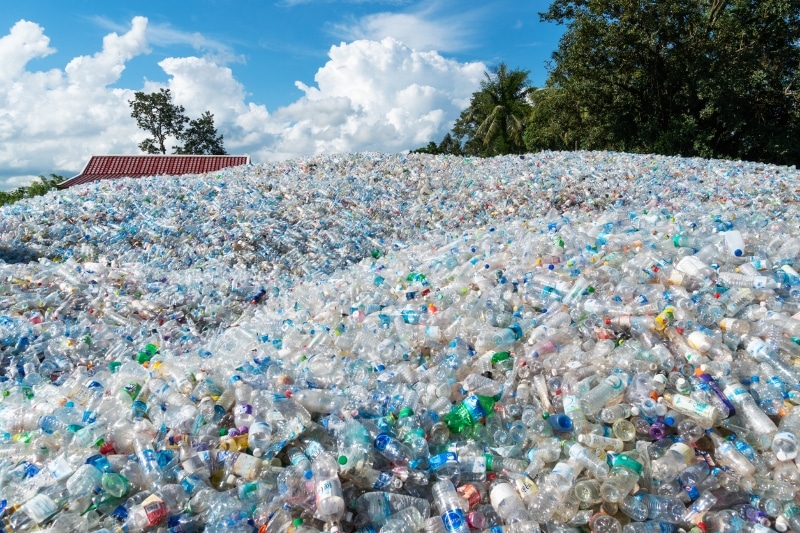Vietnam is making significant strides toward becoming a regional leader in the circular economy, leveraging its existing plastic recycling capacity, deep-rooted traditional recycling villages, and new digital and regulatory strategies.
A recent platform mapping Vietnam’s plastic recycling value chain reveals over 1,150 registered entities, more than 300 of which are active recyclers, and more than 15 specialized craft villages. These villages alone process roughly 500,000 tonnes of plastic annually and have collectively recycled over 23 million tonnes since the 1980s. This dual-model system, combining formal industrial recyclers with informal village operations, offers Vietnam a distinct and efficient recycling backbone, surpassing many regional peers .
Despite this, only about one-third of key plastic resins were recycled in 2019, leaving substantial untapped material value which is estimated between USD 2.2 billion and USD 2.9 billion in annual economic opportunity. To fully capitalize on this, experts emphasize the need for smarter collection networks, digital traceability, and stronger integration between informal collectors and formal recyclers.
Vietnam is starting to roll out important policies to support a circular economy. Under its national plan for 2035, the country aims to collect and treat 95% of urban waste, cut landfill use to below 50%, and generate 2,270 MW of energy from waste. A new law on Extended Producer Responsibility, in effect since January 2024, is already having an impact, one factory reported that nearly half of its recycled plastic is now sourced locally thanks to increased demand.
To become a true circular-economy hub, the country must strengthen informal-formal integration, close legal loopholes, invest in recycled plastic product manufacturing, and build green logistics infrastructure. These improvements could allow Vietnam to retain value domestically, from pellet production to finished goods, rather than exporting basic recycled material.
(Source: Vietnam Investment Review)

